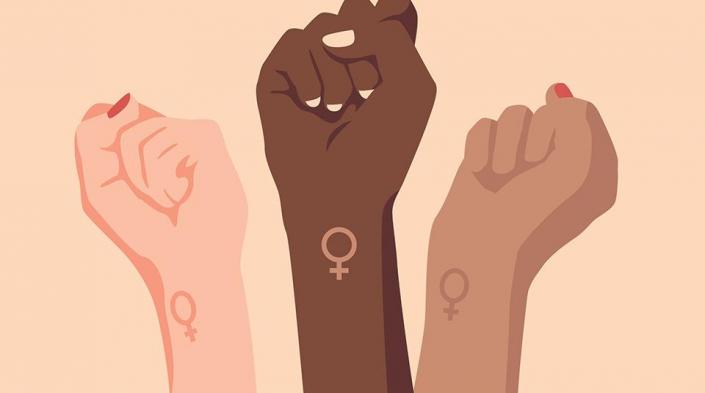Economic empowerment is defined as the capacity of women and men to participate in, contribute to and benefit from growth processes in ways that recognize the value of their contributions, respect their dignity and make it possible to negotiate a fairer distribution of the benefits of growth.
Women constitute an indispensable force in the quest for national development of any nation. In the developed nations, women have been able to play this important role. Women make enormous contributions to economies, whether in businesses, on farms, as entrepreneurs or employees, or by doing unpaid care work at home. Investing in women’s economic empowerment sets a direct path towards gender equality, poverty eradication and inclusive economic growth. Women who are economically empowered contribute more to their families, societies and national economies. It has been shown that women invest extra income in their children, providing a route to sustainable development but they also remain disproportionately affected by poverty, discrimination and exploitation. Gender discrimination means women often end up in insecure, low-wage jobs, and constitute a small minority of those in senior positions. It curtails access to economic assets such as land and loans. It limits participation in shaping economic and social policies. And, because women perform the bulk of household work, they often have little time left to pursue economic opportunities.
In Nigeria for instance, women are still relegated to the background as they lack the educational, economic and political power necessary to actualize their innate potentials. A good number of Nigerian women are relegated to the position of just wives, child bearers and housekeepers and this is unfortunate because with the current steady increase in poverty, a family needs more than one source of income and should not depend solely on the man’s income. This also affects the economy negatively because national economies lose out when a substantial part of the population cannot compete equitably or realize its full potential, not because they are ill or disabled but because of their gender. That is why it is important to encourage women’s economic empowerment. It is important to catch them young by investing in girls and sending them to school. Investing in girls and women creates a ripple effect that yields multiple benefits, not only for individual women, but also for families, communities, and countries. Increasing women’s control over household income improves their children’s access to school and healthcare; gives women greater control over their reproductive health; improves women’s ability to make environmentally friendly choices; boosts women-run businesses; and improves their status within families, communities, and entire countries.

I have learn several good stuff here. Certainly worth bookmarking for revisiting.
I surprise how much attempt you set to make one of these
wonderful informative site.